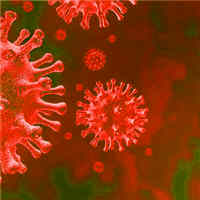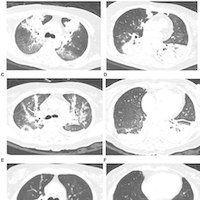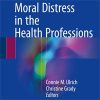The Relevance of Thromboinflammation and Endothelial Dysfunction in COVID-19 Patients
ccforum.biomedcentral.com
The relevance of thromboinflammation and endothelial dysfunction in COVID-19 patients. Microvascular derangement is a key mechanism of multiple organ dysfunction and therapeutic strategies other than heparin, aimed at preserving endothelial integrity, should be considered to win this war to the knife.
In a series of 26 autopsies in COVID-19 patients, the presence of a diffuse erythrocyte aggregation in renal peritubular and glomerular capillaries, with signs of endothelial activation and segmental fibrin thrombi, was observed.
Similar results were also found in the lungs and other organs.
These findings suggest that thromboinflammation is a key feature of SARS-CoV-2 infection, especially in the lungs. Furthermore, higher fibrin degradation product (FDP) levels, longer prothrombin time, and activated partial thromboplastin time are associated with a poor prognosis: of note, 71.4% of non-survivors met the criteria of disseminated intravascular coagulation (DIC) during their hospital stay in comparison to 0.6% of survivors.
Consistently, other studies showed higher D-dimer levels, thrombocytopenia, diffuse acute pulmonary embolism with normal lower-limb compression ultrasonography, acro-ischemia, skin bulla, and dry gangrene.














